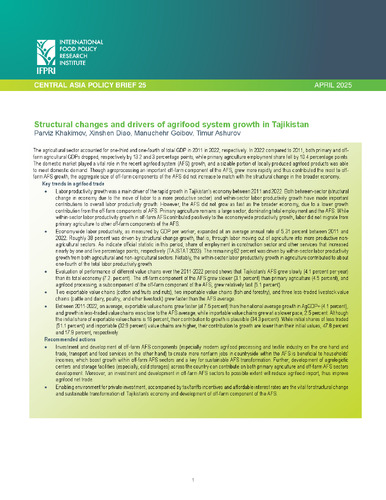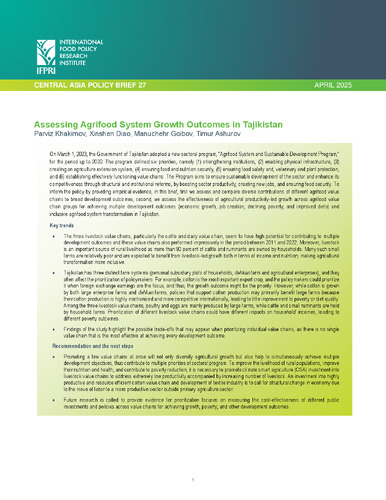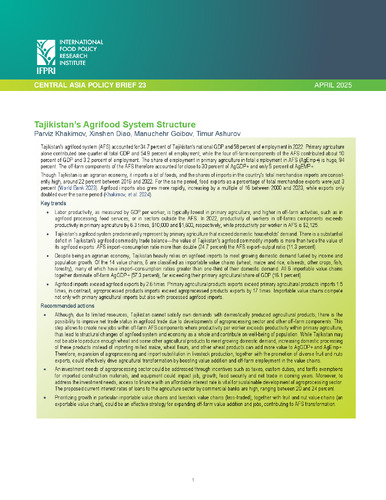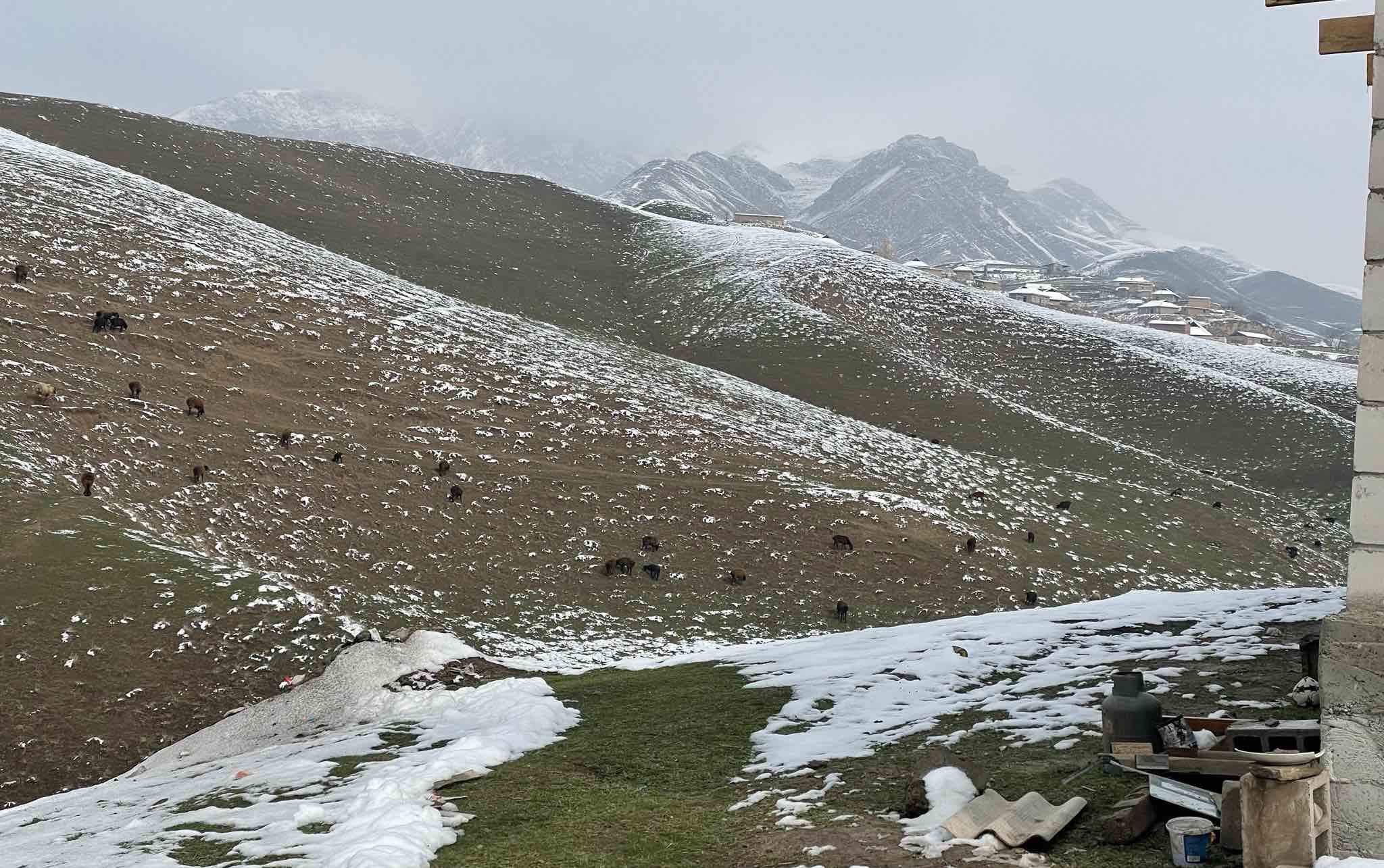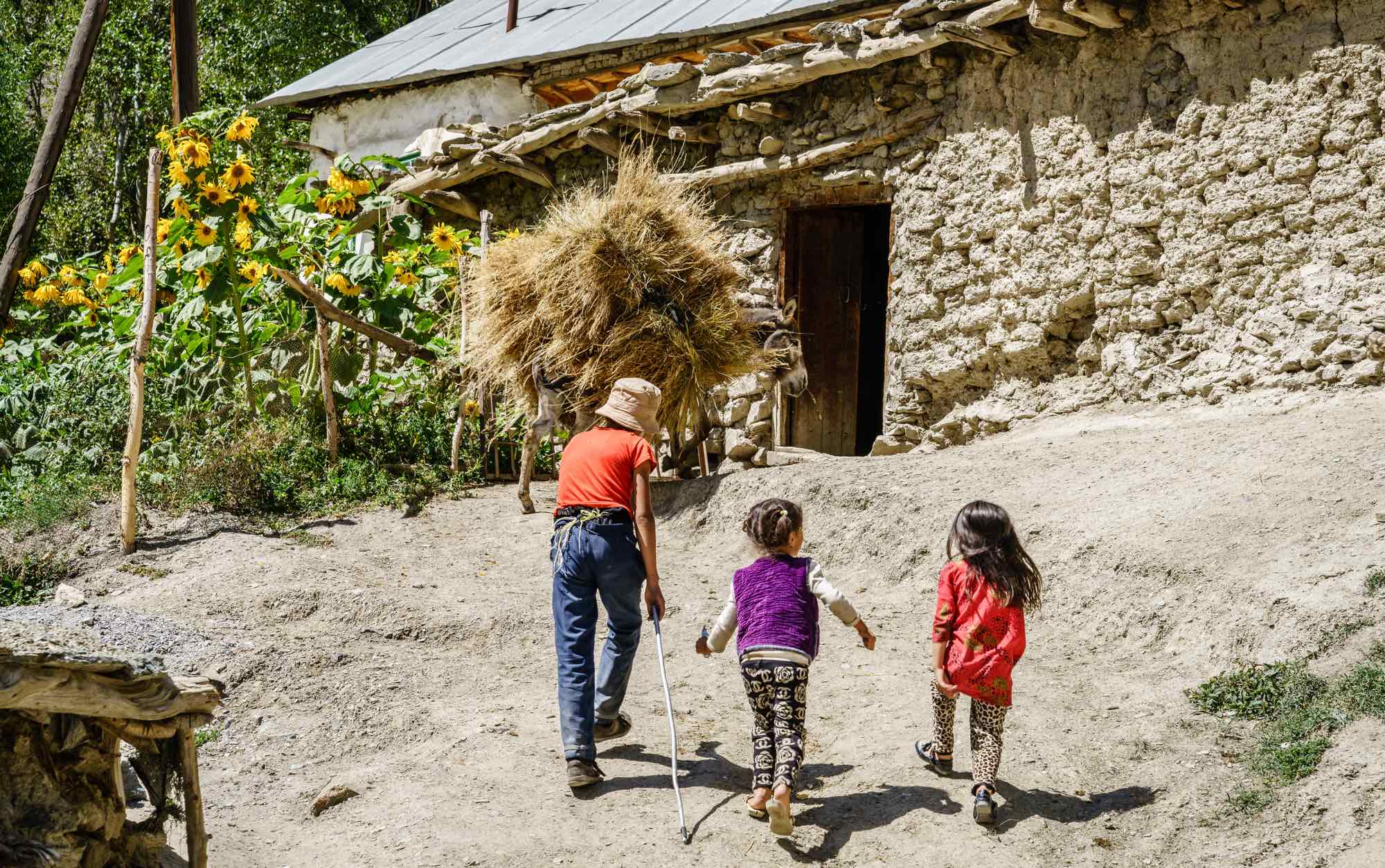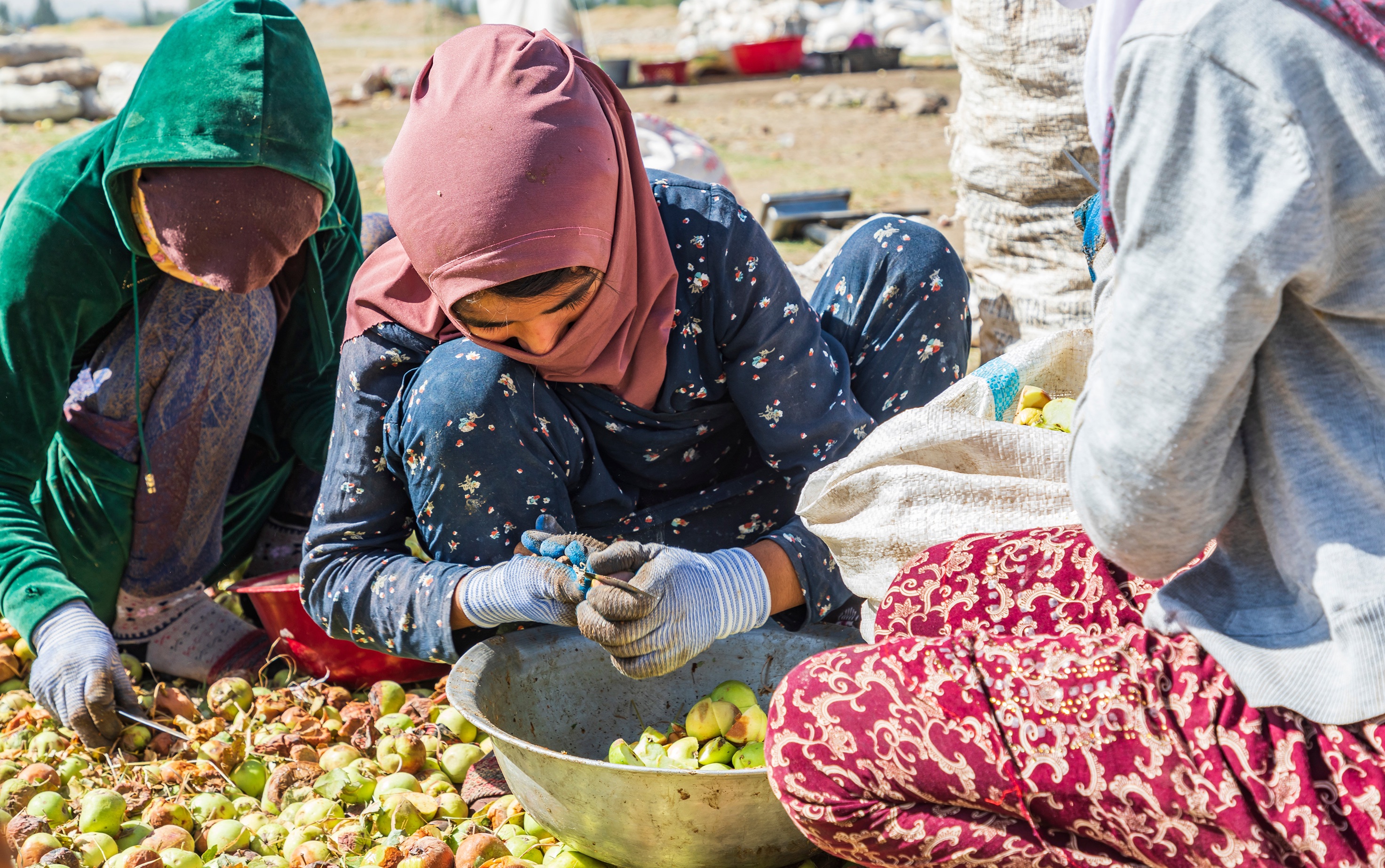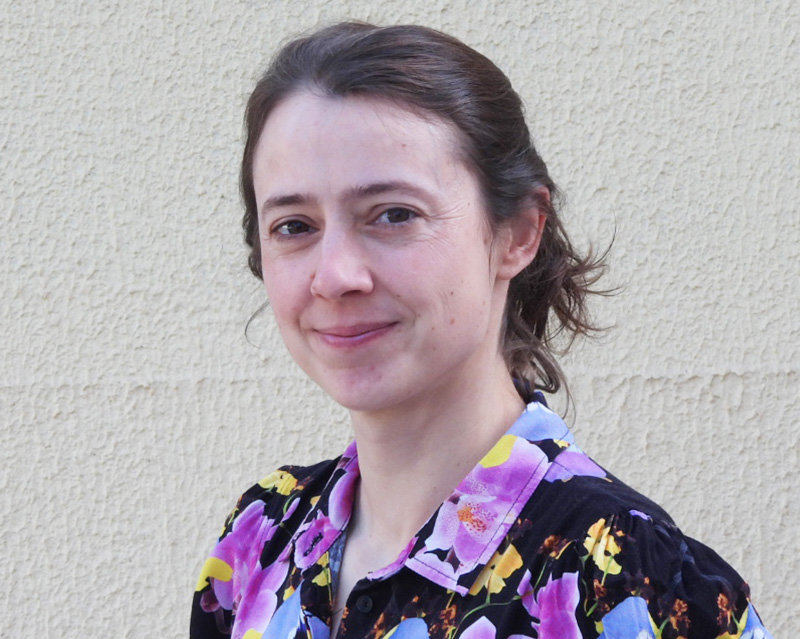The Tajikistan Evaluation and Analysis Activity (TEAA) is funded by the United States Agency for International Development (USAID) and implemented by the International Food Policy Research Institute (IFPRI), in collaboration with the Tajik Academy of Agricultural Sciences (TAAS) and Zerkalo Analytics Group (Tahlil and MAshvarat, LLC). TEAA brings together a broad array of stakeholders to conduct collaborative, evidence-based research and strengthen analytical capacity of local partners, with the ultimate objective to raise incomes of the rural poor and improve food and nutrition security in Tajikistan.
The TEAA’s research activities are designed to provide analytical support to local and international partners, build related communities of practice, and share timely policy-relevant research results. The research agenda covers five major areas; (1) Agricultural Production and Productivity; (2) Markets, Value Chains and Trade; (3) Assessing Policy and Investment Priorities; (4) Livelihoods and Nutrition; (5) Increasing Resilience of Farming Systems Under Growing Climate Challenges. Migration and gender will be key cross-cutting themes across TEAA research areas.
Capacity development activities will involve collaborative research with national partners mandated to support evidence-based policymaking. The overarching purpose is to effectively strengthen national information and knowledge systems to address policy challenges. Offering specialized training programs to partners to strengthen the skills for applied research and analytical capacity, TEAA’s capacity strengthening activities will focus on three key areas: (1) Strengthening technical skills for research and analysis with local partners; (2) Expanding functional skills; and (3) Establishing a knowledge sharing and analysis research network.
Through its research activities and policy communications, the TEAA will support coalition-building for evidence-based recommendations and reducing poverty in Tajikistan. To help ensure the program produces relevant solutions that have positive impacts, it will also promote an inclusive dialogue among agri-food systems stakeholders and reinvigorate local research capacity.




